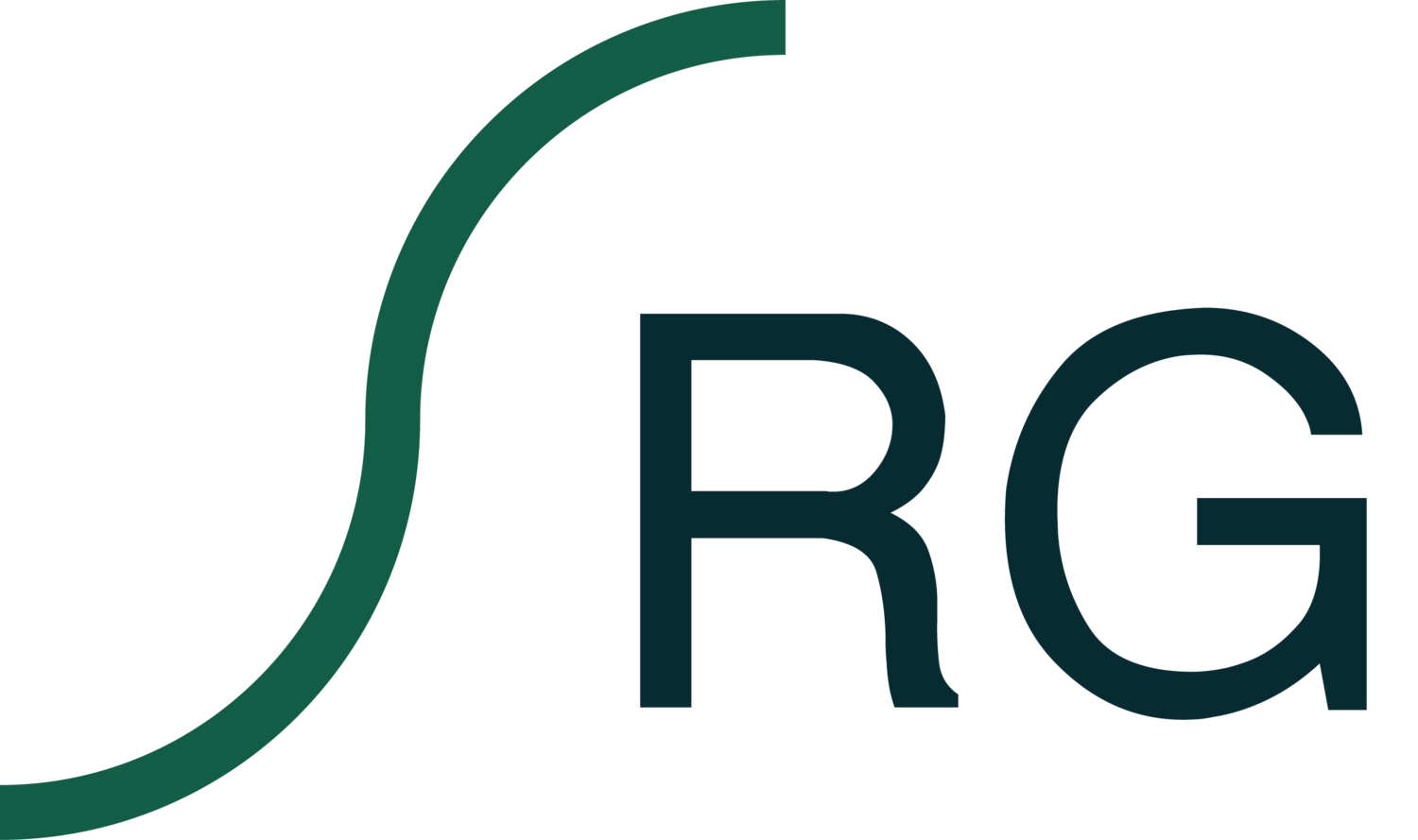Decades of Learning Through CQI
RESPECT FOR PEOPLE
CQI is not the typical acronym for Continual Quality Improvement, most people around the world use the word “continuous” habitually instead and other institutions use the acronym for other reasons. We use language common to the culture of each individual learner and don’t use sports clichés and catch phrases.
AN INTEGRATED PHILOSOPHY, PRINCIPLES, and METHODS
We have a challenge to help participants deal with the cognitive dissonance when they discover W. Edwards Deming’s philosophy and management methods. Through hourly exercises with a partner on each topic and frequent opportunities to “teach back” and practice the concepts of the science of improvement, We have integrated many other proofs to illustrate more productive ways to lead and manage industry, education, and government, and non-profit enterprises. We teach what is proven useful in every economic sector. The Continual Quality Improvement (CQI) Academy offered by the Sergent Results Group continues a focus on the science of improvement through Deming’s philosophy, principles, and methods. We emphasize learning selection with meaning to each member of the cohort. This leads naturally to useful improvements in their individual thinking, and action with increased knowledge about systems, variation, and the psychology of people in systems.
BRING IN A PROBLEM TO SOLVE, OR A PROCESS TO IMPROVE
This learning experience is practical, and engages participants in using the philosophy, principles, and methods on their very real work problems. We do not use sports clichés. We use the language of improvement science.
DIALOGUE AND LEARNING - Physical or Virtual (Online)
We structure all the topical learning around a study guide, study partners, and exercises every hour, before we have dialogue as a cohort. We supplement the dialogue and study with slides and videos, and each learning session is facilitated and supervised by a Deming scholar. We integrate the PDSA – Plan – Do – Study – Act cycle into the learning from the first session, and we ask participants to brief their colleagues in each cohort on what they have learned or improved from week to week. They also create control or process behavior charts. This helps ensure that the learning continues when they leave the cohort to practice what they have learned from science.
